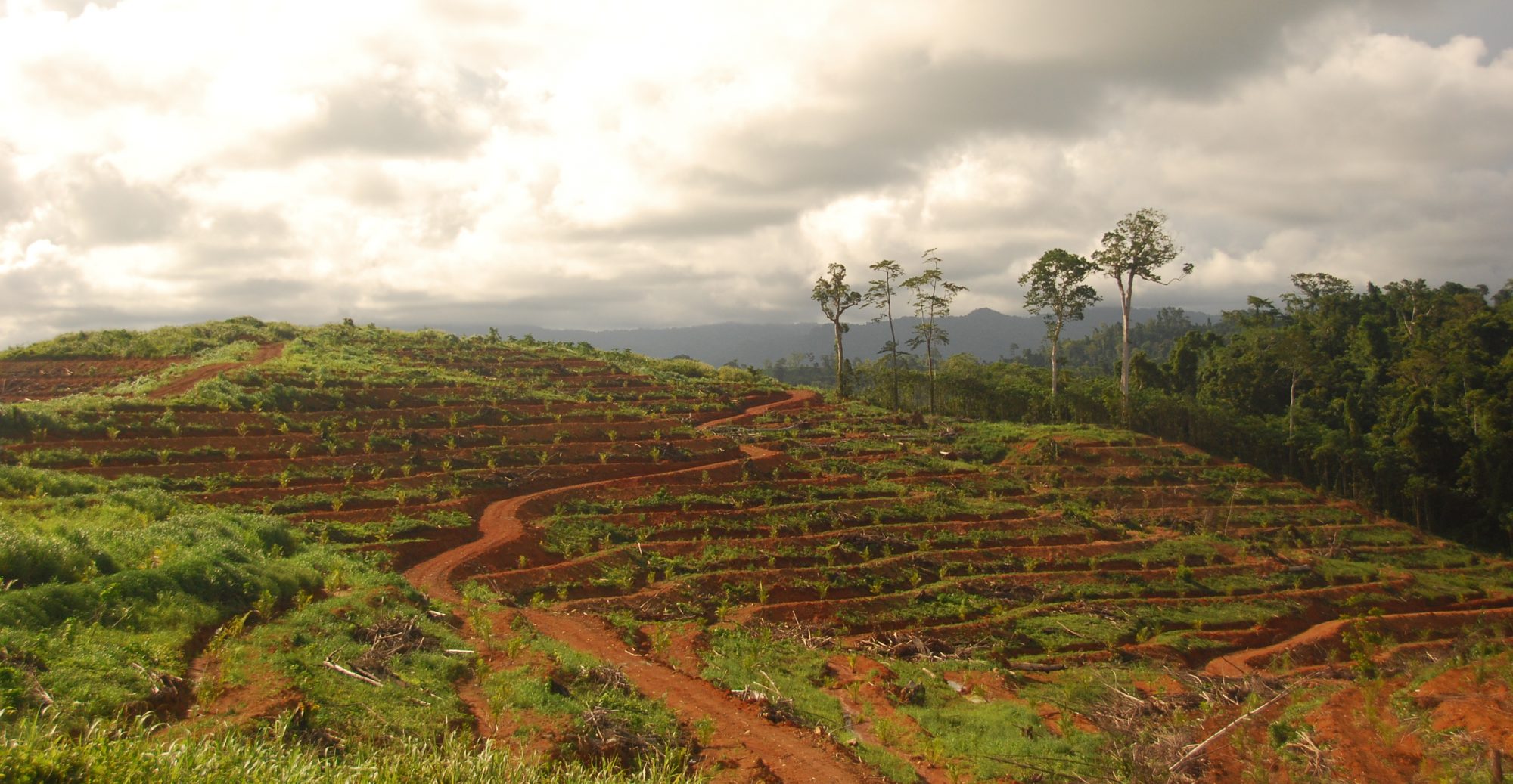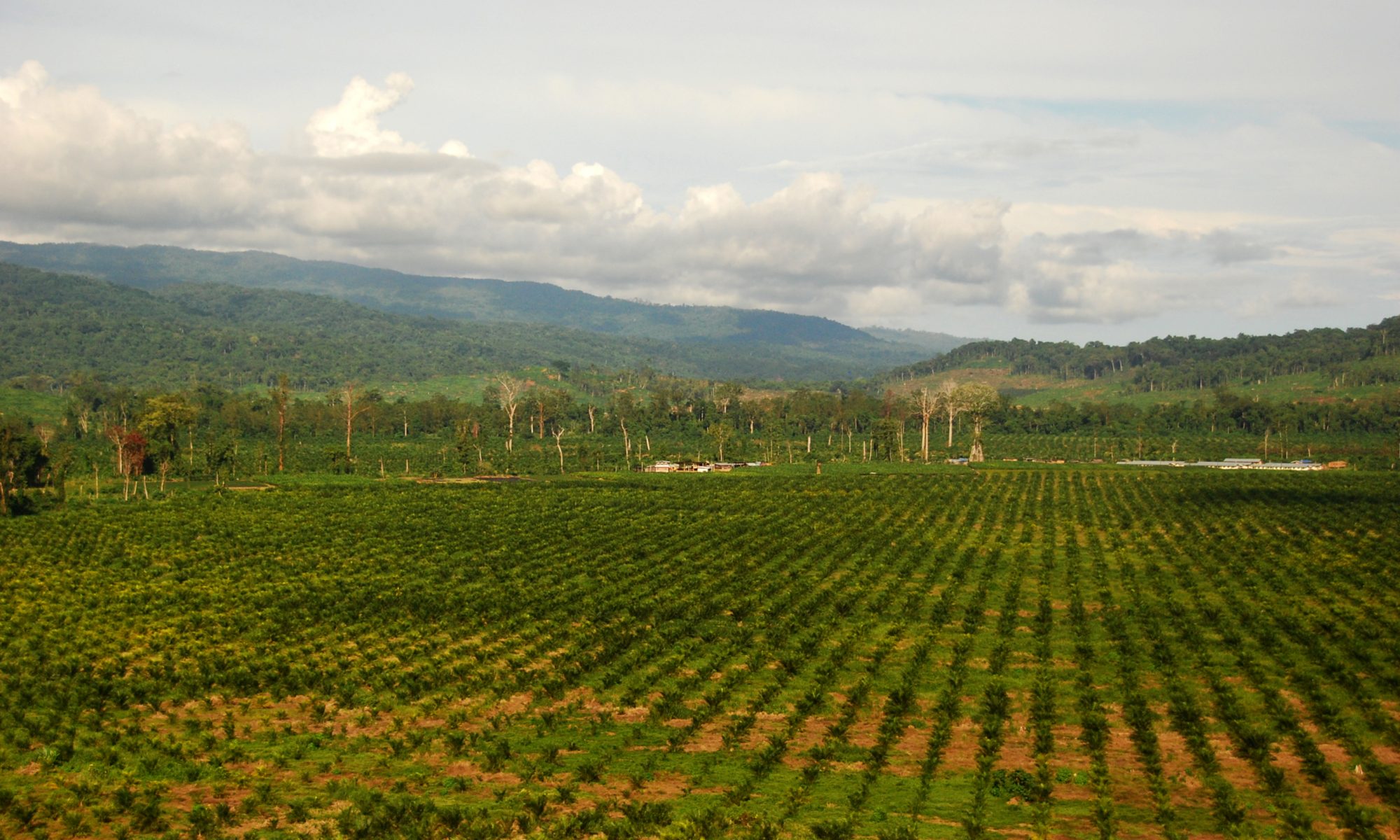Value frontiers across locations and landscapes: Anthropological perspectives
Friday 8th of September 2023
9:00 – 17:10 EEST/UTC +3
University of Helsinki main building, room F3005 and online
Program and abstracts (PDF)
Final Conference for the research project New regimes of commodification and state formation on the resource frontier of Southeast Asia, Faculty of Social Sciences, University of Helsinki. Funded by Kone Foundation.
Welcome! Please join us for discussions in Helsinki and online!
The final conference will address questions and concerns about the expanding and accelerating revaluation and transformation of socio-natural landscapes and their interconnections across Southeast Asia and Oceania. It aims to discuss the frontierization of local landscapes in terms of multi-scalar politics of commodification and its implications and variegated expressions across locations. We approach the question of the ‘frontierization’ of landscapes through methodological and analytical frameworks that reflect the valuations of environment and social action, state and corporate formation and effects, the interplay of states and corporations, and human-environment relations in altered environments. Along the lines of our project findings, presenters suggest that the frontier and the process of frontierization illustrates the tensions over who has power, control and access to decide on the configurations and qualities of sociomaterial relations and how they are valued across locations, space and time.
Keynote speakers:
Anna Tsing, University of California, Santa Cruz (online presentation)
Sophie Chao, University of Sydney (online presentation)
Ward Berenschot, University of Amsterdam (onlinepresentation)
Speakers:
Liana Chua, Hannah Fair, Michaela Haug, Isabell Herrmans, Timo Kaartinen, Anu Lounela, Viola Schreer, Pujo Semedi, Kenneth Sillander, Tuomas Tammisto, and Heikki Wilenius
The event is free of charge, but advance registration is required. Please register with the following link by Friday 01.09.2023: https://elomake.helsinki.fi/lomakkeet/124898/lomake.html
Links for online access (Zoom) will be sent to all registered participants after the deadline. We prioritize on-site discussion, but we will take questions over Zoom when possible.
Project members and conference organizers:
Anu Lounela (PI)
Tuomas Tammisto
Heikki Wilenius
Seminar coordinator:
Eemi Nordström
eemi.nordstrom@helsinki.fi
Program
9:00
Opening words: Anu Lounela
9:05 – 11:15
Panel 1: Landscapes, land use and social relations in transition
Keynote: Possession/dispossession: How frontiers become property
Anna Tsing (online presentation)
There are places and times where property, as known by states and corporations, is not yet secure. How is property made in such scenes? This talk explores how the remaking of landscape—and particularly the eradication of swamps—can dispossess Indigenous residents while making property for settlers. My research concerns the frontier city of Sorong in Indonesian Papua. At the heart of settler occupation is the imposition of concrete infrastructure to “develop” what has been a swamp. Concrete is the swamp’s nemesis, and its inverse. The swamp is open and dynamic; concrete blocks and encloses. It’s making requires materials the mining of which smashes up the land. My talk, based on recent and continuing fieldwork in Sorong, explores how concrete injures watersheds, and, in the resulting mess, makes property. The talk offers a view of Anthropocene destruction from the weeds, that is, close to the ground.
Speakers:
Michaela Haug: Oil palm expansion, dispossession and the struggle for a self-determined life in East Kalimantan, Indonesia
Pujo Semedi: Developmental refusal and farmers’ vulnerabilities in Central Kalimantan peatlands.
Anu Lounela: Frontierization of wetlands in Central Kalimantan: dispossession and commodification
Moderator: Heikki Wilenius
11:15 – 12:15
Lunch
12:20 – 14:30
Panel 2: Mapping and revaluating environmental relations
Keynote: Mapping value: Cartographic conundrums on the West Papuan plantation frontier
Sophie Chao (online presentation)
This paper examines how processes of frontierization reconfigure the material, sociocultural, and moral relationships of humans and other-than-humans in the Indonesian-occupied region of West Papua. Drawing on long-term ethnographic fieldwork conducted in the southern Papuan lowlands, the paper centers the experiences, theories, and critiques of Indigenous Marind communities who in the last decade, have seen vast swaths of their customary lands and forests converted to monocrop oil palm plantations in the name of national food security, economic growth, and regional development. It focuses in particular on how Marind understand the role of state and corporate maps in alternately representing or enacting changing sociomaterial relations, knowledge regimes, and resource use on the Papuan plantation frontier. The paper further considers how Marind’s own forms of “participatory mapping” challenge state and corporate understandings of what merits mapping, how it should be mapped, and on the basis of whose epistemic framework. Ambiguity, friction, and divergent horizons of hope emerge as central to these participatory mapping activities, as Marind struggle to reconcile maps’ strategic value in advocacy contexts with maps’ social significance as cultural artefacts.
Speakers:
Liana Chua: What does care take? Saving and sequestering in orangutan conservation
Hannah Fair & Viola Schreer: Pongo oeconomicus? (De)commodification across the global nexus of orangutan conservation
Isabell Herrmans & Kenneth Sillander: Frontier Life: The frontier dynamic as a source of Dayak counterculture
Moderator: Tuomas Tammisto
14:30 – 14:45
Coffee break
14:45 – 16:55
Panel 3: Land rights and frontier politics
Keynote: Frontier Politics and Rightlessness: Palm oil companies and land dispossession in Indonesia
Ward Berenschot (online presentation)
This lecture discusses the relative ease with which palm oil companies dispossess brural Indonesians of their land. Employing detailed documentation of 150 conflicts between rural communities and palm oil companies, I aim to analyze both the actual processes through which companies acquire land as well as the legal provisions that facilitate these processes. I argue that palm oil companies are succeeding in dispossessing rural Indonesians because of the ways in which formal regulations and informal machinations have produced rightlessness. This rightlessness has three main sources: curtailed land rights, ‘backdoored’ legal protections, and collusive business-politics relationships which enable companies to evade regulations. These particular features of frontier politics – a legal framework full of smoke and mirrors combined with pervasive collusive exchanges of favours between business actors and local authorities – is allowing many palm oil companies to have their cake and eat it too: while they benefit from the legitimacy afforded by state regulations, they regularly manage to evade the obligations associated with such regulation.
Speakers:
Timo Kaartinen: Evolving images of smallholding in West Kalimantan
Heikki Wilenius: Frontier counterpoints: Media imaginaries of landscape transformation in Central Kalimantan
Tuomas Tammisto: Occupying land, closing the frontier: The temporalities of frontier dynamics in East New Britain, Papua New Guinea
Moderator: Anu Lounela
16:55 – 17:05
Discussant: Sarah Green
17:05 – 17:10
Closing words: Tuomas Tammisto & Heikki Wilenius


I am studying climate change research in North East India.
I learned much information from this conference. Recent project is closely related about the land right, customary land, conflict and palm oil plantation. And also interested in religious aspects in land because of different religious beliefs in ethnic people including mining, flooding in South East Asia. I learnt a lot about Palm oil plantation because it causes climate change. In addition, interest movement and conflicts between company, government, communities. This conference is very effective to me for my future projects. All presenters are very good presentation. Thank you so much.